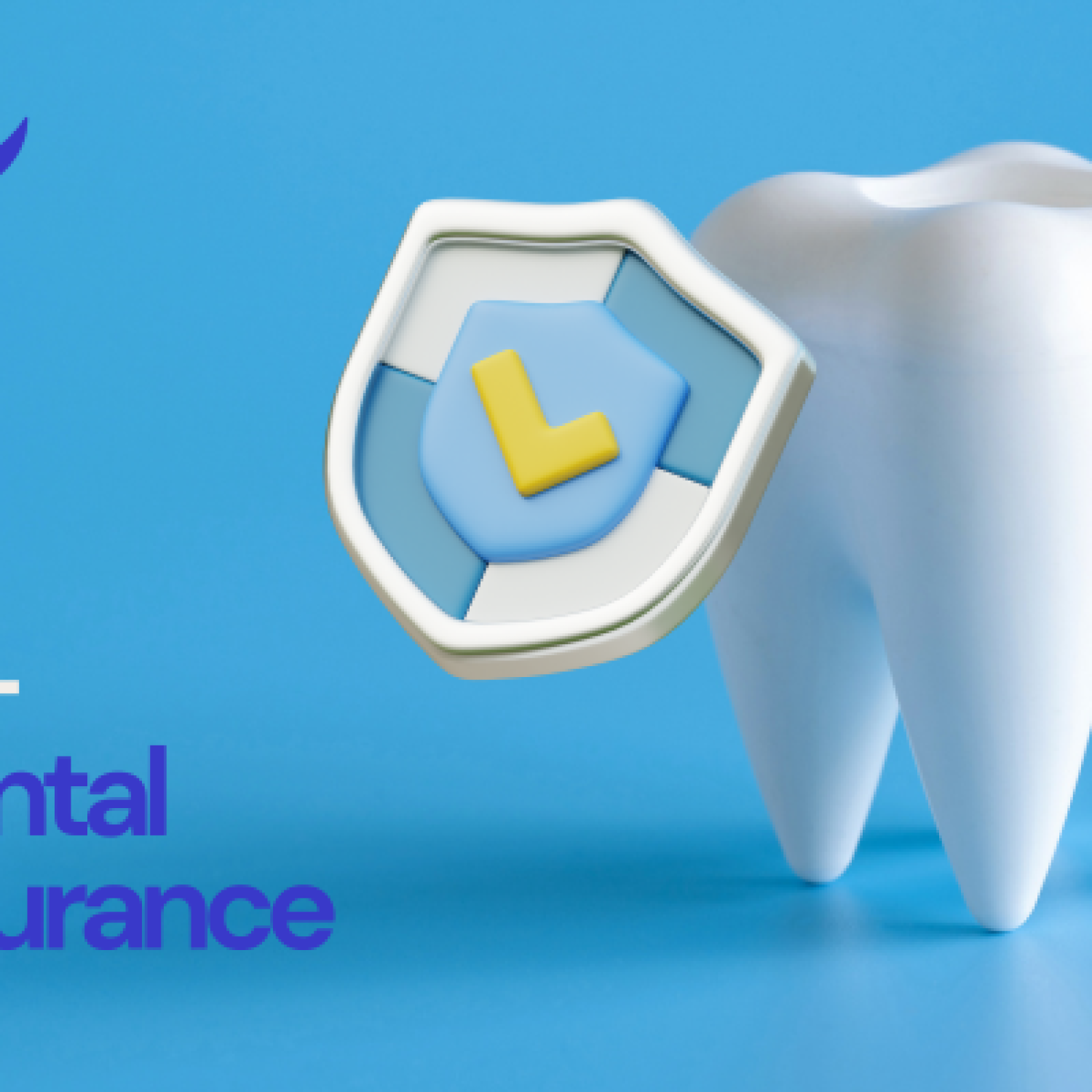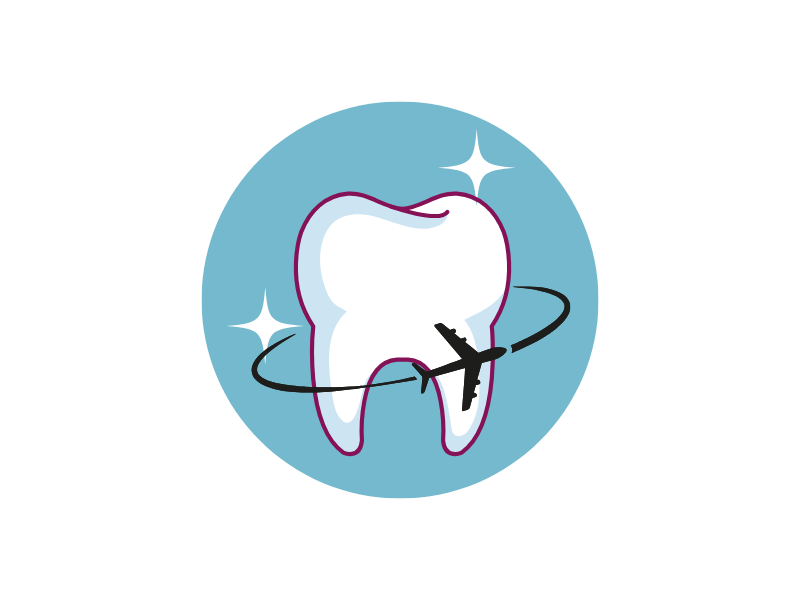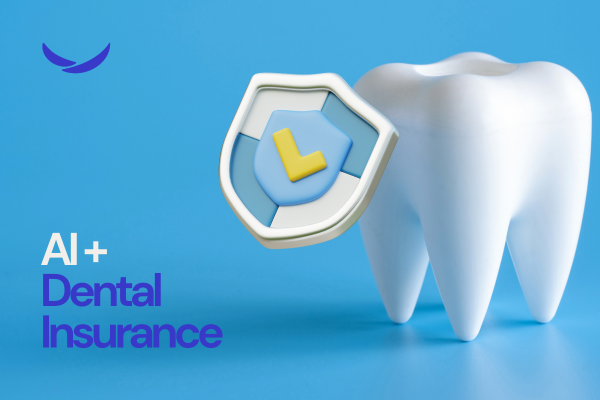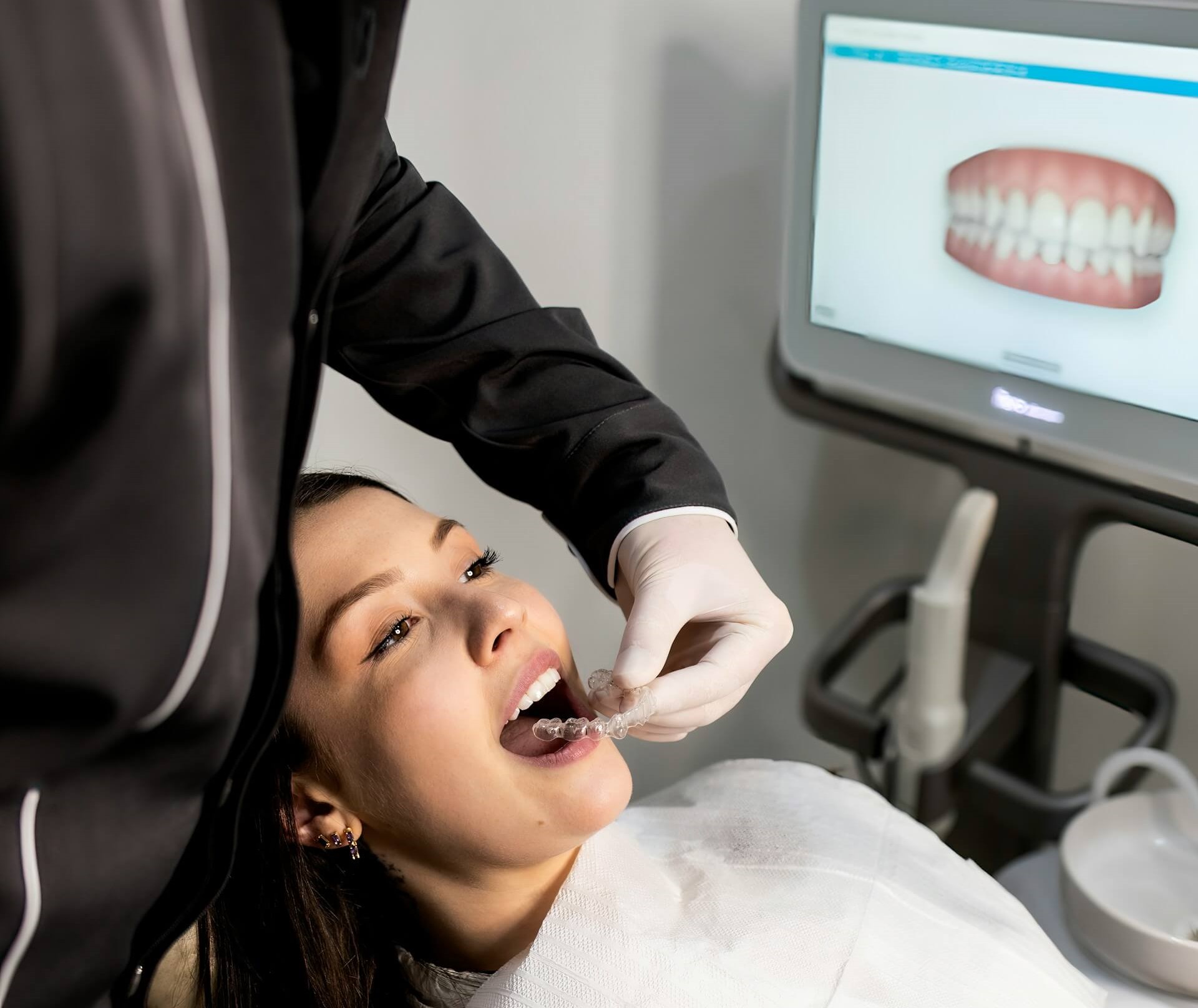Introduction
Dental insurance is often a source of frustration for both patients and providers. From confusing policies to claim denials and high out-of-pocket costs, the system is rife with issues. The current model often prioritizes profit over patient care, and it’s clear that a change is needed. This is where the potential of artificial intelligence (AI) comes in. But why does dental insurance need AI, and what can we expect from its implementation?
Why Dental Insurance Needs AI
The dental insurance industry is plagued by inefficiencies, lack of transparency, and a general disconnect from the needs of both patients and dental practices. Here’s how AI could address some of these issues:
- Complex and Confusing Policies: Dental insurance plans are notoriously complex, with varying coverage, limitations, and exclusions. AI can be used to simplify and clarify policy language, making it easier for patients to understand their benefits. Currently, many people are confused about what is covered, leading to unexpected costs.
- Administrative Burdens: Dental offices spend significant time on insurance verification, claim submissions, and appeals. These administrative tasks are costly and time-consuming, taking away from patient care. AI could automate many of these processes, reducing errors and saving time and money.
- Claim Denials and Delays: Claim denials and delays are common, often due to coding errors, missing information, or discrepancies. AI could be used to check claims before submission, ensuring that they are complete and accurate. AI models can be trained on past claims and denial patterns to identify potential issues and correct them proactively.
- Lack of Transparency: Patients often find it difficult to understand how much they will have to pay out-of-pocket. AI could provide real-time estimates of costs based on a patient’s specific plan, making it easier for them to plan their treatment.
- Inconsistent Coverage: Dental insurance often has arbitrary rules and limitations, with coverage decisions not always based on a patient’s actual needs. AI could potentially help personalize coverage based on an individual’s risk factors and dental history, rather than a one-size-fits-all approach.
- Fraud Detection: AI can be used to detect fraudulent claims by identifying patterns and anomalies in claims data, reducing costs for insurers and ultimately, for patients.
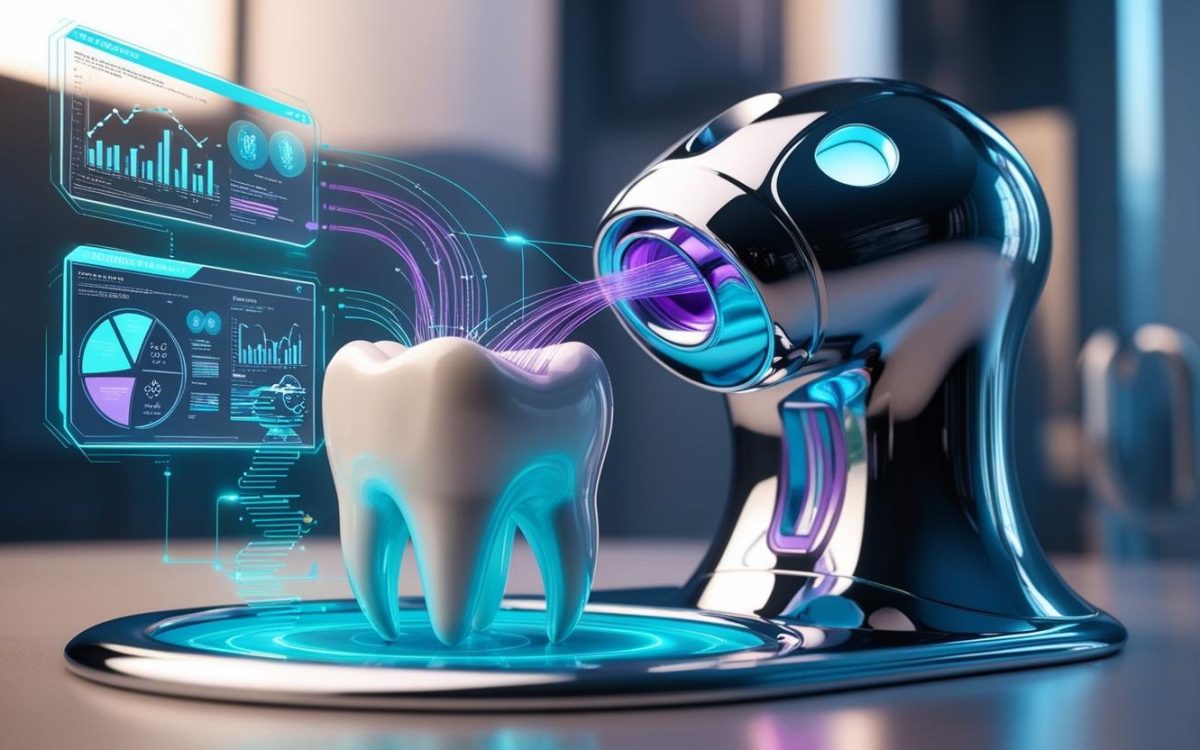
Conclusion
AI has the potential to transform the dental insurance industry, making it more efficient, transparent, and patient-centric. While there are challenges to overcome, the benefits of personalized plans, automated processes, and better fraud detection could significantly improve access to dental care and patient outcomes. By embracing AI, the dental insurance industry can take a step forward towards a more equitable and effective system.

